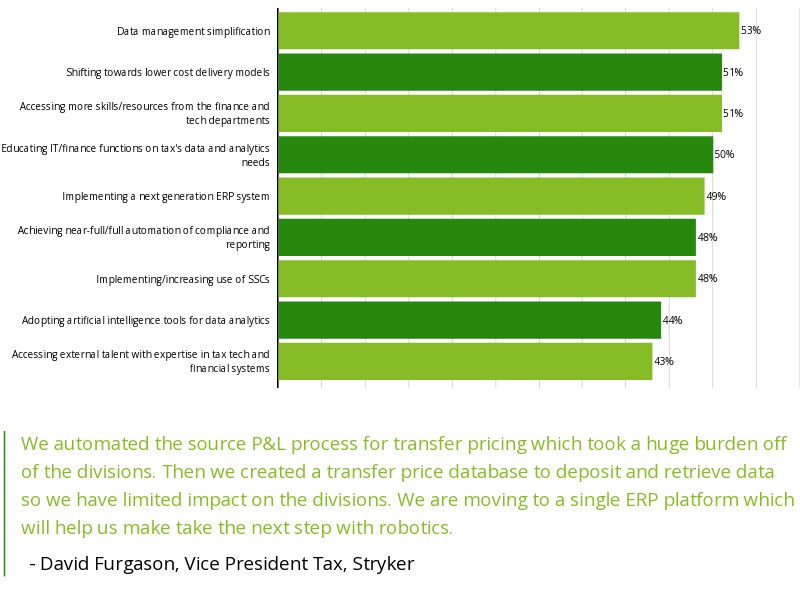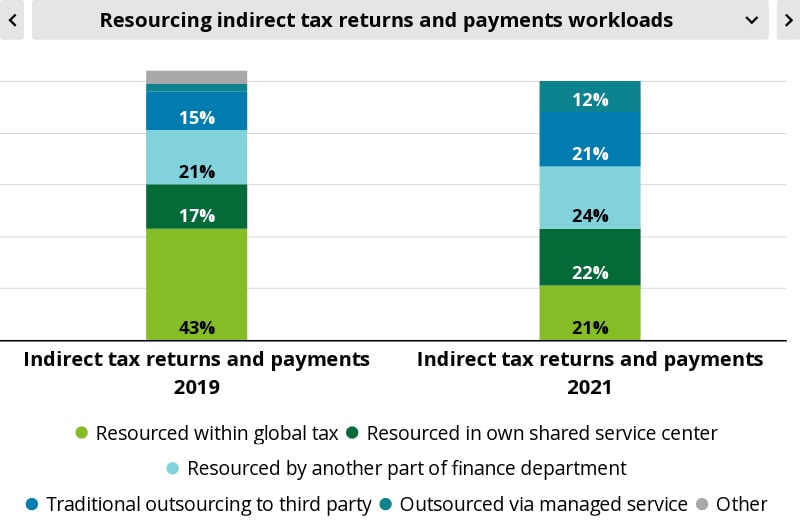Will Student Loans Take My Taxes? Understanding the Impact on Your Tax Refund
When it comes to managing student loans, one of the most pressing concerns for borrowers is whether their student loans will affect their tax refunds. The q……
When it comes to managing student loans, one of the most pressing concerns for borrowers is whether their student loans will affect their tax refunds. The question "Will student loans take my taxes?" looms large in the minds of many students and graduates. Understanding the implications of student loans on taxes is crucial for financial planning and avoiding unexpected surprises during tax season.
Firstly, it’s important to clarify that while student loans themselves do not directly take your taxes, certain circumstances can lead to your tax refund being intercepted to cover defaulted loans. This is particularly true for federal student loans. If you fall behind on your payments and default on your loans, the government has the authority to withhold your tax refund through a process known as tax refund offset. This means that if you owe money on defaulted federal student loans, the U.S. Department of Education can take your tax refund to satisfy that debt.

For borrowers who are struggling to make payments, this can be a daunting reality. The best way to avoid this situation is to stay informed about your loan status and to communicate with your loan servicer. If you are having trouble making payments, there are options available, such as income-driven repayment plans, deferment, or forbearance. These options can help you manage your loans without risking your tax refund.
Moreover, understanding how student loans interact with your tax situation can also present opportunities for financial benefits. For instance, the Student Loan Interest Deduction allows eligible borrowers to deduct up to $2,500 of interest paid on qualified student loans from their taxable income. This can lower your overall tax burden and potentially increase your tax refund. To qualify for this deduction, your modified adjusted gross income (MAGI) must be below certain thresholds, so it’s essential to keep track of your income and expenses throughout the year.

Additionally, if you are enrolled in a Public Service Loan Forgiveness (PSLF) program, your payments made while working in qualifying public service jobs may count toward forgiveness after 120 qualifying payments. While this does not directly relate to taxes, understanding the long-term implications of your student loans can help you make informed decisions that could impact your financial future.
In conclusion, the question "Will student loans take my taxes?" is a critical one for many borrowers. While student loans do not automatically take your taxes, defaulting on your loans can lead to your tax refund being intercepted. Staying proactive about your loan payments and exploring available repayment options can help you avoid this scenario. Furthermore, understanding the tax benefits associated with student loans can help you maximize your financial situation. Always consult with a tax professional or financial advisor to ensure you are making the best decisions for your specific circumstances. By staying informed and proactive, you can navigate the complexities of student loans and taxes with confidence.
